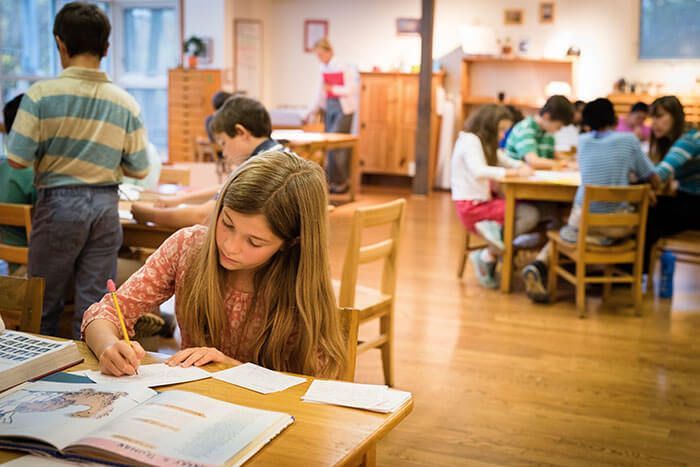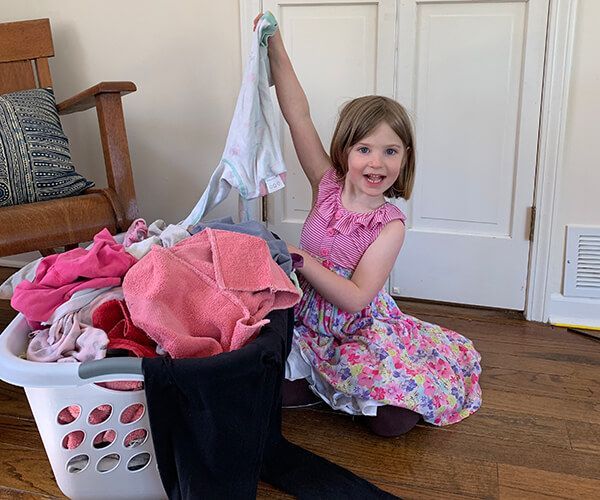
At Forest Bluff School, we frequently ask our parent community what values they hope a Montessori education will instill in their children. Parents repeatedly tell us that they are dedicated to raising children with a strong moral compass. We all want our children to develop their intellectual abilities, become lifelong learners, and achieve academic success, but what do these gifts matter if our children do not use them to make the world a better place?
As June comes to a close and Summer Session ends, many of us look forward to spending more time with our children at home. Summer provides us with an ideal opportunity to turn our energies and attention towards improving our parenting practices.
In “Raising a Moral Child,” Adam Grant, a professor of management and psychology at the Wharton School of the University of Pennsylvania, reviews several recent studies that might change the way you think about the best ways to help children develop qualities such as kindness, compassion, and helpfulness. Many of us, fearful of raising a child with an inflated ego, avoid praising a child’s positive character traits and opt instead to praise his or her actions, Surprisingly, the reverse is actually far more effective! Additionally, we are all aware that our actions as parents speak louder than our words, yet most of us feel compelled to use both in order to make sure that we are “getting the point across.” As it turns out, good words may actually undermine good deeds when it comes to our children’s moral development! Finally, Grant calls our attention to the subtle differences between feelings of shame and guilt. Following a moral slip-up, a shameful child feels “small and worthless” and may withdraw, whereas a child who experiences the sensation of guilt is far more likely to make reparations.
This summer, we invite you to reflect on the ways in which you support and influence your child’s moral development. We hope you will notice your child’s good deeds and positive qualities and point them out. For example, praise a child who assists you with dinner or yard work, and be sure to call him “a helpful person.” When your child (inevitably!) makes a moral misstep, craft your words carefully to avoid shaming her and instead focus on ways in which your child can make amends. Finally, let your child witness you acting generously and graciously with others. A child who watches you respond with kindness to a flustered sales clerk will learn the virtue of patience from your modeling, not your lecture!
To read Adam Grant's full article, visit "Raising a Moral Child" on the New York Times website.


